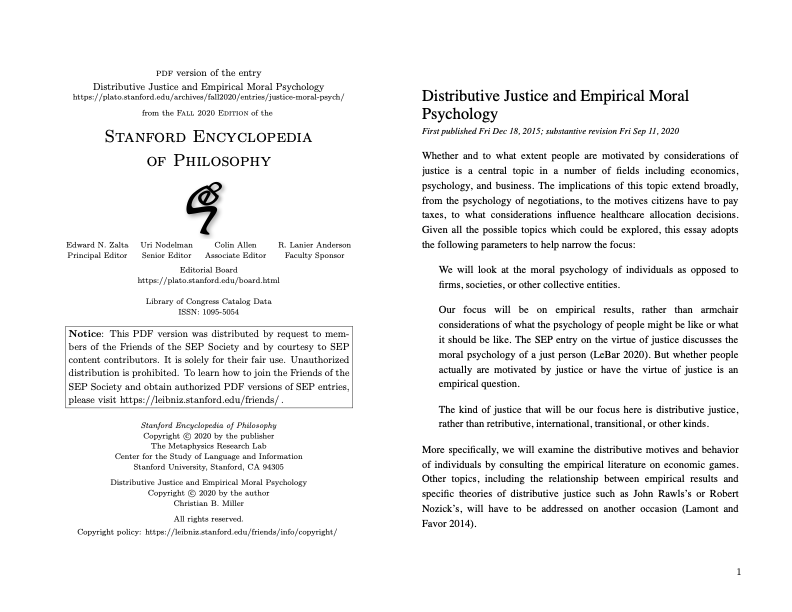I ran across this amusing article this evening. The title caught my attention. Typically when interdisciplinary terms find their way into popular speech acts, they retain some semblance of their original meaning. In this case, the term “epistemic closure” seems to have fathered a bastard child with the same name. As the author, Jaime Weinman, understands the term as it’s being used in the blogosphere, epistemic closure is “being unreceptive to facts that don’t fit into the pre-approved worldview.” Weinman even includes a nice Venn diagram to illustrate the difference between truth, belief, and knowledge. The term as used by epistemologists has nothing to do with being closed minded but with whether the justification of one argument transfers to another by implication.
Weinman capitalizes on the term to excoriate conservatives for their “myth creation” regarding certain political issues. This is unfortunate because epistemic closure as defined by epistemologists could actually inform Weinman’s analysis of the conservative movement. Nevertheless, if there really is a “great epistemic closure debate” occurring in 2010, epistemologists everyone should take up intellectual arms and seek to correct the term’s usage so things don’t get too far out of hand. I suggest the following.
1. If you see the term epistemic closure being used improperly in a blog or article, point the author to Steven Luper’s fine article at the SEP here. In this article, Luper defines epistemic closure as: If, while knowing p, S believes q because S knows that p entails q, then S knows q. Every author using the term should memorize and internalize this definition.
2. Ensure the author reads the debate between Dretske and Hawthorne in Contemporary Debates in Epistemology edited by Steup and Sosa. These essays are a good primer on the epistemic closure discussion and should correct any misuse of the term. Dretske argues that epistemic closure fails but this does not entail skepticism. He defines closure roughly as the idea that if S knows that P is true and knows that P implies Q, then, evidentially speaking, this is enough for S to know that Q is true. He makes a distinction between heavyweight and lightweight implications of a given proposition. Heavyweight implications are those implications that may form the metaphysical (philosophical) basis for certain facts to be true (cookies in the jar implies that there is a material world). Lightweight implications are those implications that are "nearer" to the fact in question (cookies in the jar implies that the jar is not empty). Evidence may transmit to the latter, but not to the former.
A typical believer–one who does not consider heavyweight implications–knows that she hands or sees cookies in a jar. She also knows that she’s not a brain in a vat. But this is only true as long as she doesn’t seriously consider heavyweight implications. As soon as she does, doubt is introduced and the epistemic context changes. When she considers whether she is a brain in a vat, she does not have enough evidence that she isn’t (even if she uses the evidence that she sees cookies in a jar or has the experience of using her hands) and, under this epistemic context she doesn’t know she isn’t a brain in a vat. If this is true, then on closure, she doesn’t know she has hands or that there are cookies in the jar.
Hawthorne demurs. In defending closure, he argues that if I believe that someone knows P and deduces Q from P, to say that he doesn’t actually know Q isn’t merely conversationally inappropriate. The natural thing to do would be say that he actually does know Q and so to deny that he does needs an explanation. It’s not enough to say that he actually does and that the closure principle, like the claim I know I have a hand but imply that I might not by making the very claim, is not simply a matter of practical infelicities. If closure is wrong, there needs to be an explanation why it is so and Dretske cannot merely appeal to the fact that its denial is true but it may seem to have intuitive force only when it is brought to the attention of the believer.
The blogosphere needs to get its arms around this.
3. Ask for a retraction and apology from anyone improperly using the term. Closure is just too important to have it thrown around improperly and bloggers need to be called on the carpet for their infelicities.
Philosophers have worked too long and too hard on problems like epistemic closure to have terms commandeered while retaining none of the substance of the meaning of those terms. I’m only half joking.








